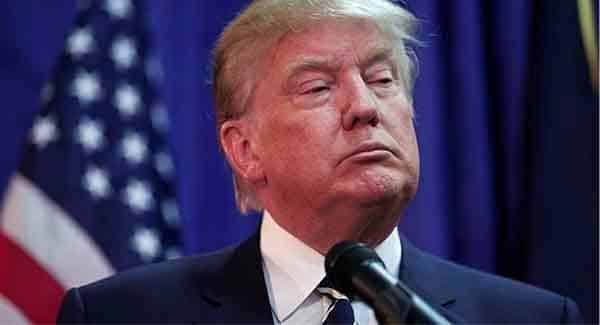THE chief executives of Goldman Sachs Group and Ford Motor Co, Lloyd Blankfein, joined the criticism of President Donald Trump’s order to halt arrivals from several Muslim-majority countries, as equity markets fell and the dollar slipped on Monday.
The initial response over the weekend from U.S. corporate leaders to Trump’s order curtailing travel from seven Muslim-majority countries had been fragmented and muted outside the technology sector.
However, on Monday, after a weekend of confusion over how the travel restrictions would be enforced, more companies and unions went public with concerns, although most avoided direct attacks on Trump’s policy.
United Parcel Service Inc, for example, said it “supports policies that enable the legal movement of people across borders, while also understanding the need to protect national security.”
Goldman Sachs Group Inc Chief Executive, Lloyd Blankfein, was the first major Wall Street CEO to weigh in against the administration’s travel ban. Other financial industry leaders followed on Monday with expressions of concern about the travel order.
“This is not a policy we support, and I would note that it has already been challenged in federal court, and some of the order has been enjoined at least temporarily,” Blankfein said in a voicemail to employees on Sunday. If the temporary freeze became permanent, he said, it could create “disruption” for the bank and its staff, according to a transcript seen by Reuters.
Ford Executive Chairman Bill Ford Jr. and Chief Executive Mark Fields said in a statement to employees that the company does not support what it called a new U.S. travel ban.
“We do not support this policy or any other that goes against our values as a company,” they said, adding that Ford is not aware of any employees directly affected by the policy.
General Motors Co’s head of human resources told employees in a memo that a few GM employees are from countries affected by the travel order, and added, “at General Motors, we value and respect individual differences.”










